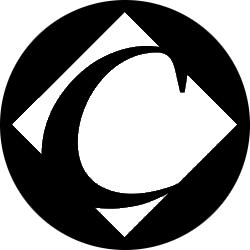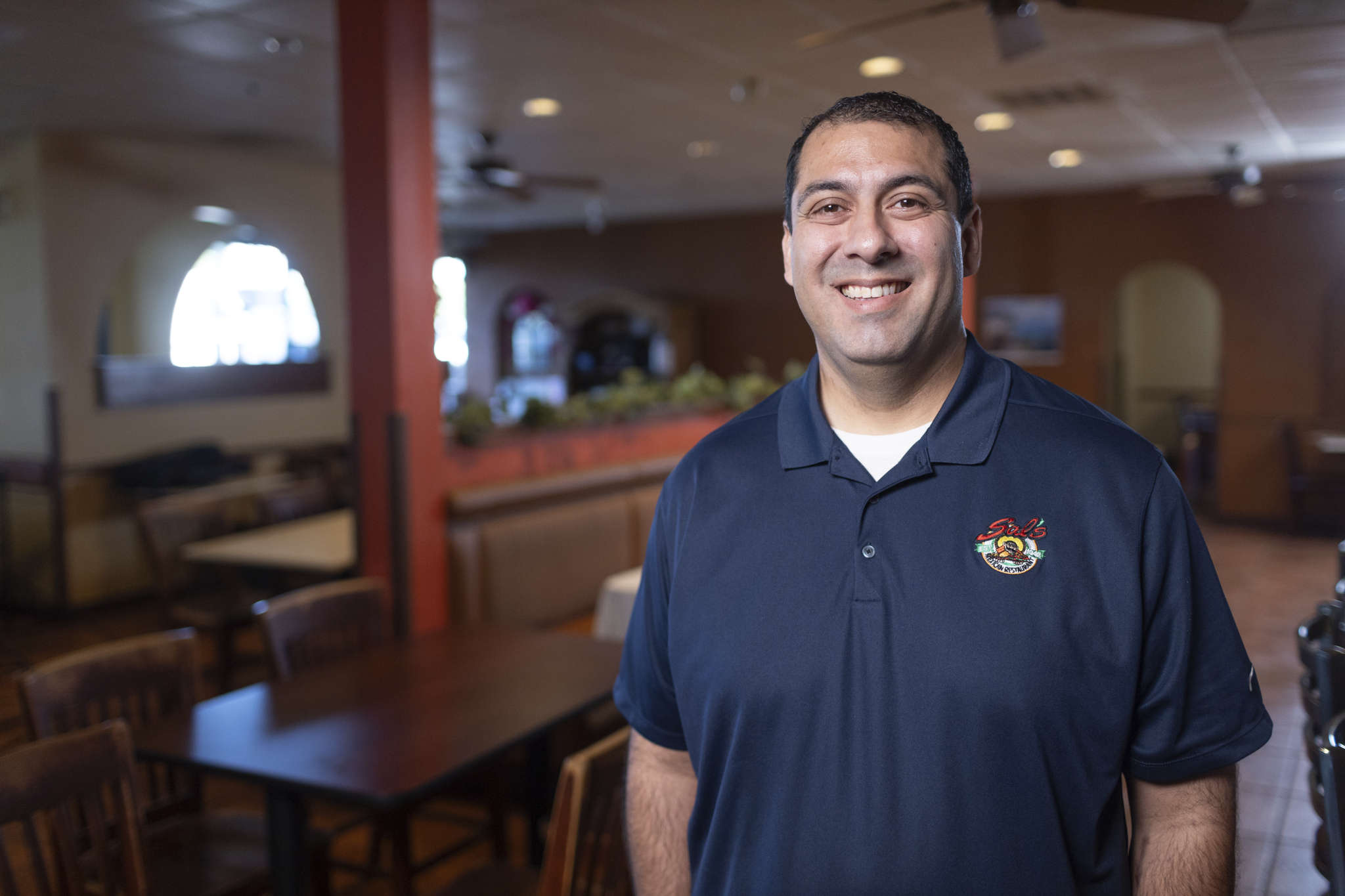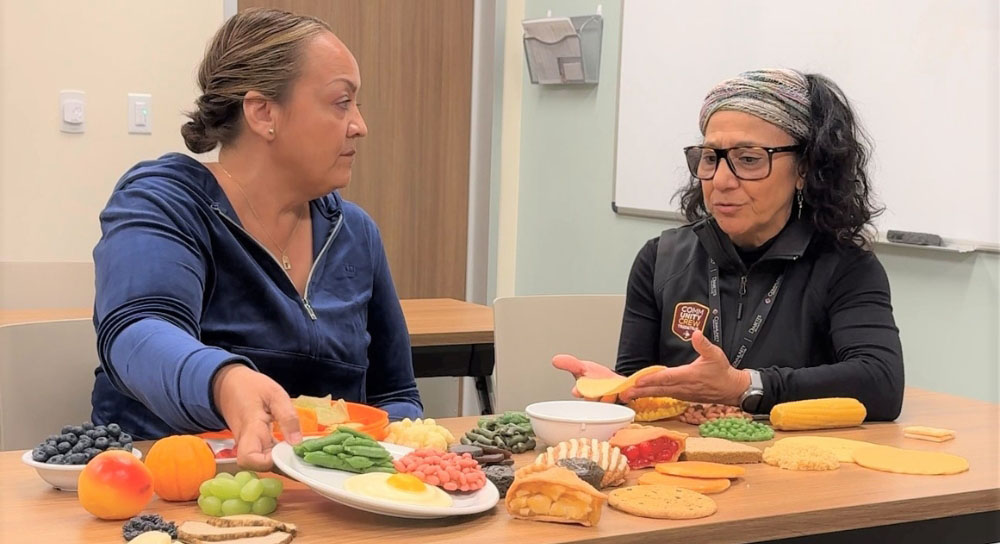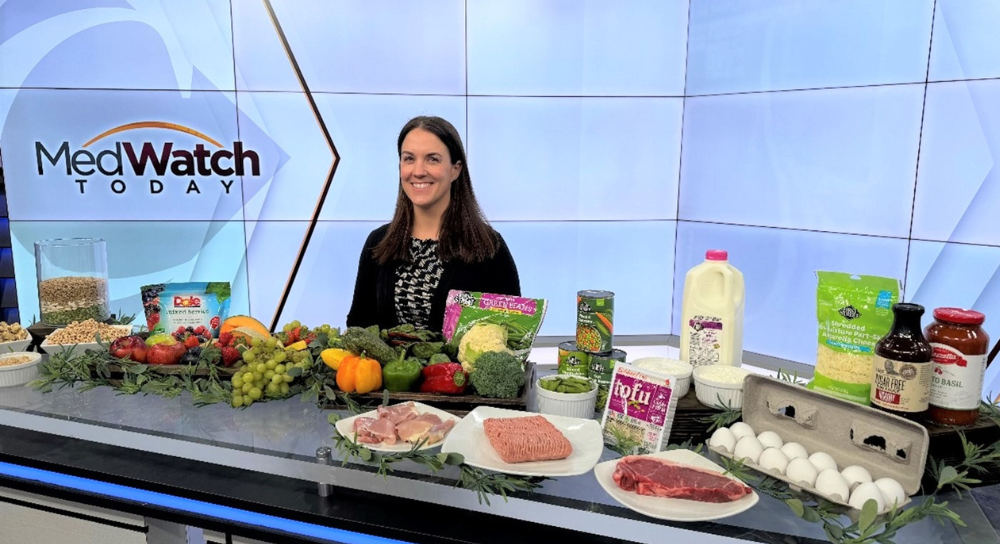Watch video of this story on MedWatch Today, Community's weekly, half-hour TV show produced in partnership with KSEE24 and CBS47.
If it wasn’t for the advanced cardiac care available at Clovis Community, Lorraine Salazar Scheu, owner of Sal’s Mexican Restaurant in Fresno, says her only son might not be alive today.
In August last year, 40-year-old Aaron Vasquez came home around 3 a.m. after responding to a false security alarm at his family's restaurant when he felt a sudden burning sensation in his chest.
“I felt heartburn, a little bit of chest tightness, and started vomiting,” Vasquez said. He also began sweating and talking fast. “I hadn’t felt that way before, but in my mind, I felt like I was talking normal.”
Recognizing these as signs of a heart attack, Vasquez’s wife Kymberly called 9-1-1 and Vasquez was immediately rushed to the nearest hospital, Clovis Community Medical Center. There, he was taken to the cardiac cath lab where they performed an angiogram — a scan showing the amount of blood flow through the arteries, veins or heart.
It was then doctors discovered the main artery in his heart was 100% blocked, and two others were 70% blocked. Kymberly called Salazar to tell her that her son experienced what’s often called a “widowmaker heart attack,” because the blockage in the main artery to the heart often goes undetected until it becomes deadly. Vasquez needed to undergo emergency triple bypass surgery.
Understanding a ‘widowmaker’ heart attack
Considered one of the most lethal types of heart attacks, only about 12% of patients experiencing a widowmaker heart attack outside of the hospital survive, according to the American Heart Association. Although the name suggests this attack happens mostly to men, it can affect any gender.
Widowmaker heart attacks are caused by a buildup of cholesterol in the left anterior descending (LAD) artery – the heart’s largest artery. The LAD becomes fully blocked and restricts blood flow to the left side of the heart.
Not all patients have classic symptoms of a heart attack because of other health conditions. In Vasquez’s case, he was living with diabetes and had a family history of heart disease.
“[Aaron’s] father passed from a heart attack and congestive heart failure,” said Salazar. “As a mother, you don’t want to see your child suffer any type of medical emergency. And you certainly don’t want to think about your child passing.”
If left untreated, some patients living with diabetes can experience neuropathy, a type of nerve damage that can cause numbness or weakness, usually in the feet and hands. Diabetes can do a similar thing to the heart, and cause some patients to not feel the traditional symptoms of a heart attack.
“Looking at a lot of patients living with heart disease, there are some that have 98% blockages in their heart and don’t have any symptoms, or minimal symptoms,” said Dr. Leheb Araim, cardiothoracic surgeon with Central California Heart & Lung Surgery — a part of Community Health System’s Heart & Lung Institute. “Some patients have what they may consider heartburn and no chest pain but are actually having a heart attack.”
Knowing your risk of a heart attack
Dr. Araim performed Vasquez’s triple bypass and says proper testing and knowing your family history can help you better understand your risk of heart disease. If you have a family history of heart disease, you're more likely to have coronary artery disease.
“There are different tests available to help you know your risk,” said Dr. Araim. “If you’re living with diabetes, have a history of high blood pressure or smoke, you’re already at a much greater risk of having coronary artery disease, so you need to know your risk to become healthier.”
Advanced heart care close to home
For patients needing complex, urgent cardiac care like Vasquez, having access to comprehensive services and advanced technology is important. “Through [Community’s Heart & Lung Institute], we provide nearly all cardiac procedures you can find at any other academic or busy practice with the exception of heart transplant,” said Dr. Araim.
Community recently expanded its Heart & Lung Institute with new services and capabilities at Clovis Community — something that likely saved Aaron's life when time mattered most. The expansion included two cardiac operating rooms and a hybrid operating room which allows cardiac teams to easily switch between performing surgery and taking advanced diagnostic images in one place.
“People think that they need to go outside of Clovis and Fresno to get quality medical care, but we have to recognize that we have tremendous care here with Community Medical Centers,” Salazar said.
Vasquez says this experience has left him with a new appreciation of life and gratitude for the care team that ensured he didn’t make his wife a young widow. He and his family have already started making healthier changes to their lifestyle to lessen his risks of another cardiac crisis.
“This was challenging mentally for me, my wife, my mom and the whole family,” Vasquez said. “But I had good staff, nurses and doctors to make things easier. This is our hospital. Thank you for saving my life.”






